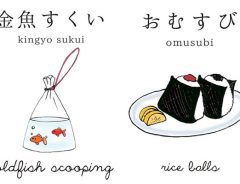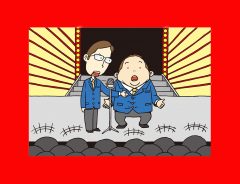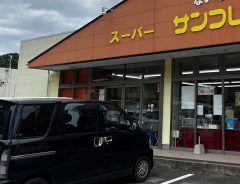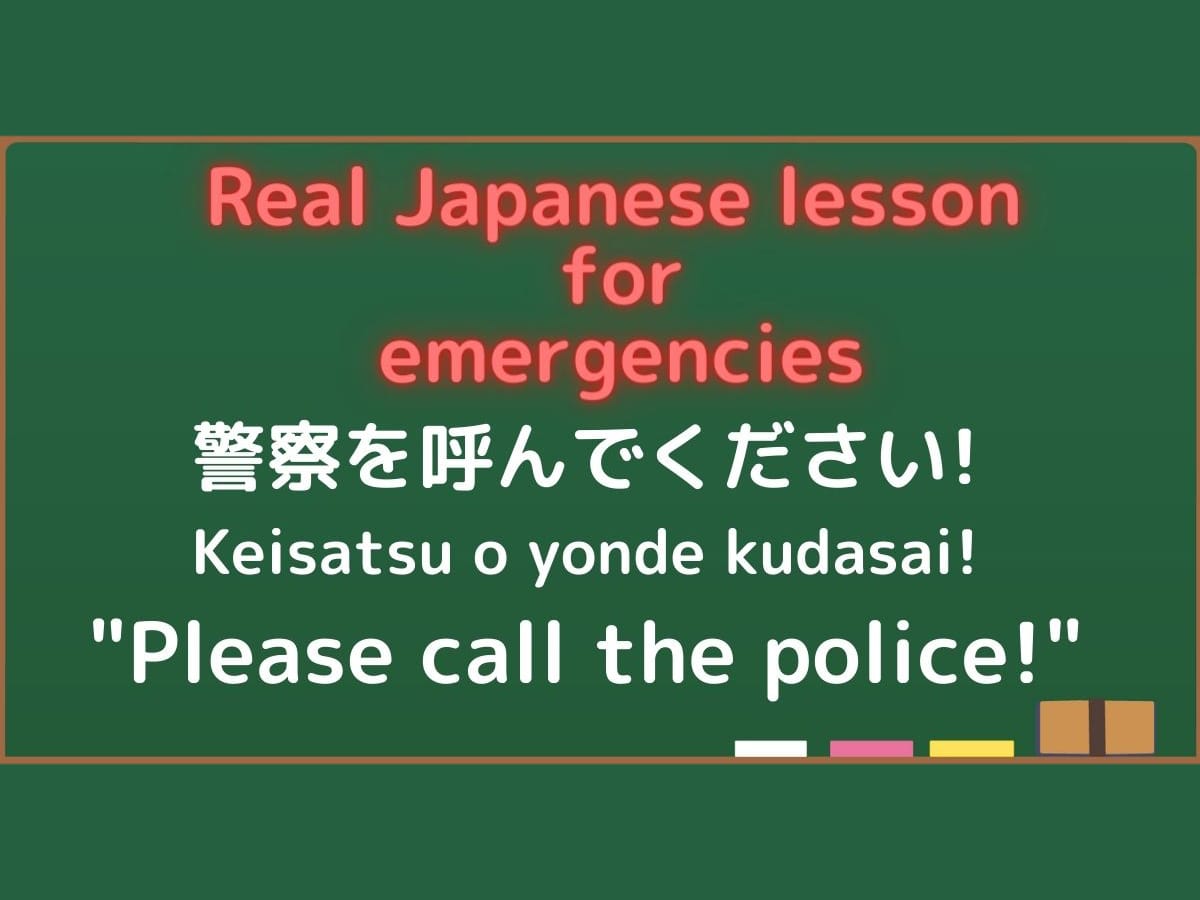- Tags:
- emergencies / Japanese / Japanese language / Japanese lesson / practical / Stalker / Tourists / useful phrases / visiting Japan
Related Article
-

Illustrated Instagram Flashcards Make Learning Japanese A Breeze
-

Japanese Voices: @17 no Gokitaku Shimasenka? #38
-

Japanese Voices: @17 no Gokitaku Shimasenka? #44: “A visit from i☆Ris!” (Part 2)
-

Easy Kansaiben To Sound Like a Native
-

Supermarket sign in Japan boasts “great confidence”, but for good reason after doubletake
-

Kyoto’s Iconic Bamboo Grove is Being Defaced by Tourists



Japanese teacher's real phrases to use in Japan
Now that tourists can freely visit Japan again, we'd like to begin a new series focused on practical Japanese phrases you can use in Japan. Mochijapa (Ayano Irizuki), a licensed teacher of Japanese and writer for grape Japan, will be your guide.
Early this month, I was stalked by a suspicious man at a mall. I managed to hide and escape from him thanks to assistance from a kind shop staff member. After coming home, I thought that it would be even scarier for tourists and Japanese learners if they were to experience a similar situation. Therefore, on that day, I posted a tweet about this experience with some useful Japanese phrases on my Japanese teaching Twitter account.
The response was greater than I expected. The editors of grape Japan decided it would be for the public benefit to turn the tweet into an article. To help people outside of Twitter as well, we have decided to write an article with voice recordings. I hope this article will help those who are about to come to Japan as well as those who are living here.
Four essential phrases
These are the four essential phrases. Please replace eigo 英語 (English) in the first phrase with your first language if you need to.
The subsequent phrases all use a very simple grammar structure. Kudasai ください (please) is used when you want something, but if you connect it with a verb’s te-form, it means you want someone to do something. In this case, yobu 呼ぶ becomes 呼んで yonde and it is connected to kudasai, and 呼んでください means “Please call.”
助けてください is a combination of the te-form of 助ける tasukeru (help) and kudasai. This grammar is JLPT N5 level, but these phrases can be helpful when you are in trouble!
For vocabulary, you might have learned the word, おまわりさん omawarisan for police. However, the phrase is typically used by children and might cause people to treat your situation less seriously. I strongly recommend you use 警察 keisatsu for your emergencies instead of おまわりさん.
For kanji, 救急車 looks difficult, but it is a really interesting word.
救 kyū : rescue 急 kyū : hurry 車 sha: car
Yes, it literally means ambulance!
Here are audio files for the phrase 1 to 4 to practice!
When you lose something
Even if you don’t need the police or an ambulance, losing something often means trouble. One of the worst scenarios is when you lose your passport during your stay! In such a case, try using these phrases!
Here are audio files for the phrase 1 to 3 to practice!
As the pink colored part shows, 無くしました nakushimashita means “I’ve lost [something].” You can use the phrase for various situations if you replace パスポート with other nouns, such as:
Three real phrases I used when I was being stalked.
The last lesson slide is really specific because these are phrases I really used when I was being stalked.
If you feel that you’re being stalked by a suspicious person, the first and second lines will be helpful. If you are at a mall or a department store like I was, the third phrase will also be useful to ask shop staff for their help.
You can use deguchi 出口 (exit), erebētā エレベーター(elevator), and other nouns too.
Here are audio files for the phrase 1 to 3 to practice!
Hopefully, you won't need such phrases in your daily life or on vacation, but it never hurts to remember them just in case!
Teacher's note: Since the focus of this series is spoken Japanese, there may be some expressions that diverge from the written form. For example, in written Japanese, the present progressive tense of the verb is conjugated as ~teimasu | ています or ている ~teiru | ている but in casual spoken Japanese, temasu | てます or ~teru | てる is more common.
Series - Japanese teacher's real phrases to use in Japan